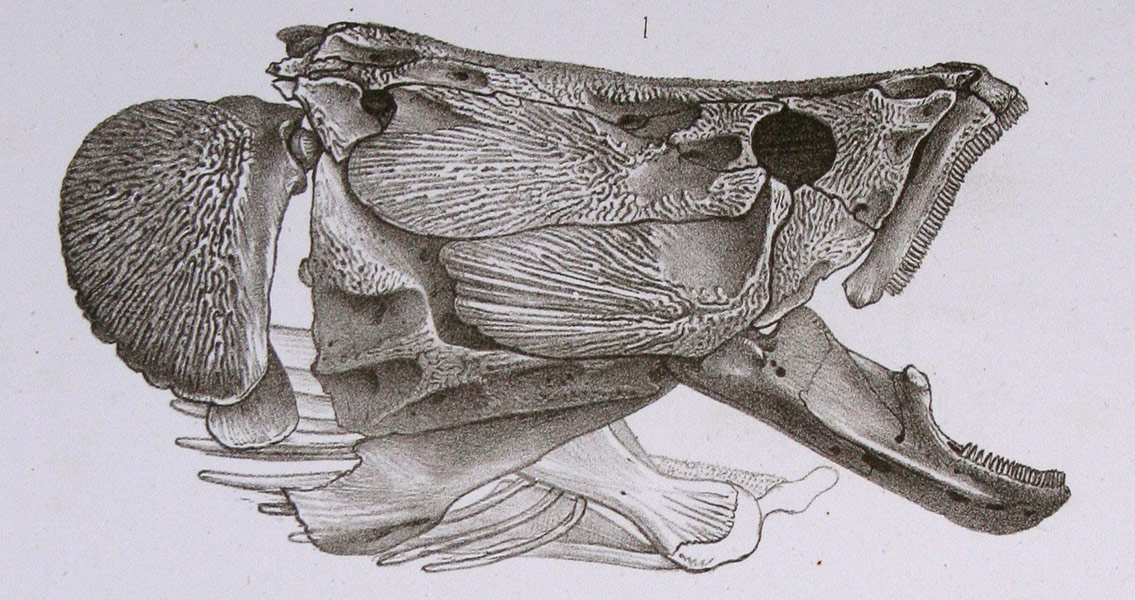<![CDATA[According to ScienceDaily.com, and research done by Manchester University, our jawed fish ancestors may not have been the reason for the extinction of their jawless cousins, as has always been assumed. Dr. Robert Sansom, from the University of Manchester, believes that rising sea levels were the more likely cause. In order to fully understand the significance of this discovery, it's important to understand human evolution and how fish were involved in it. The first known vertebrates were simple jawless sea creatures known as Agnatha. Agnatha had cartilaginous skeletons -that is, their skeletons were not made of bone, but rather, cartilage. The Agnatha creatures were precursors of the first bony fish, which were Placoderms. Placoderms were the first creatures to have jaws and this is where scientists believe that humans evolved their jaws from. Until this most recent research, it was often believed that the jawed Placoderms simply overtook their jawless relatives. Dr. Sansom stated, "when our jawed vertebrate ancestors overtook their jawless relatives 400 million years ago, it seems that it might not have been through direct competition but instead the inability of our jawless cousins to adapt to changing environmental conditions." During research, Sansom, along with PhD students Emma Randle and Phil Donaghue from the University of Bristol, studied the fossils of various jawless fish. The fish were "tank like" and "dominant and diverse in ancient seas", according to their findings. More importantly, they found that the diversity of these jawless fish relied almost entirely on their environment. Philip Anderson, an evolutionary palaeobiologist at the University of Bristol in England stated, "If they [jawed and jawless fish] couldn't compete, they probably should have gone out when the jawed fish reached their functional peak." This means there is no way the jawed and jawless fish could have cohabitated for millions of years if the jawed fish were the ones who caused the demise of their jawless cousins. Dr. Sansom's research suggests that the need to live in a shallow leveled sea environment is what really killed off the jawless fish, as the Devonian period came around and sea levels rose. These findings also imply that the jawless fish could have existed for longer than formerly supposed, according to Dr. Sansom, "Understanding the relationship between biodiversity and changing conditions at this time reveals a long missing fossil record for our jawless cousins." He goes on to suggest that it is even possible that the jawless fish could have developed and evolved as much as 20 million years before their first known manifestation as fossils. That being said, findings and studies like this, which use biological and geological data, help us understand the evolutionary origins of ourselves, and other jawed vertebrates. Photo Credit: Francis de Laporte de Castelnau (via wikimedia commons)]]>
New Discovery Shows Our Jawed Ancestors Didn't Kill Off Their Cousins, the Sea Did
